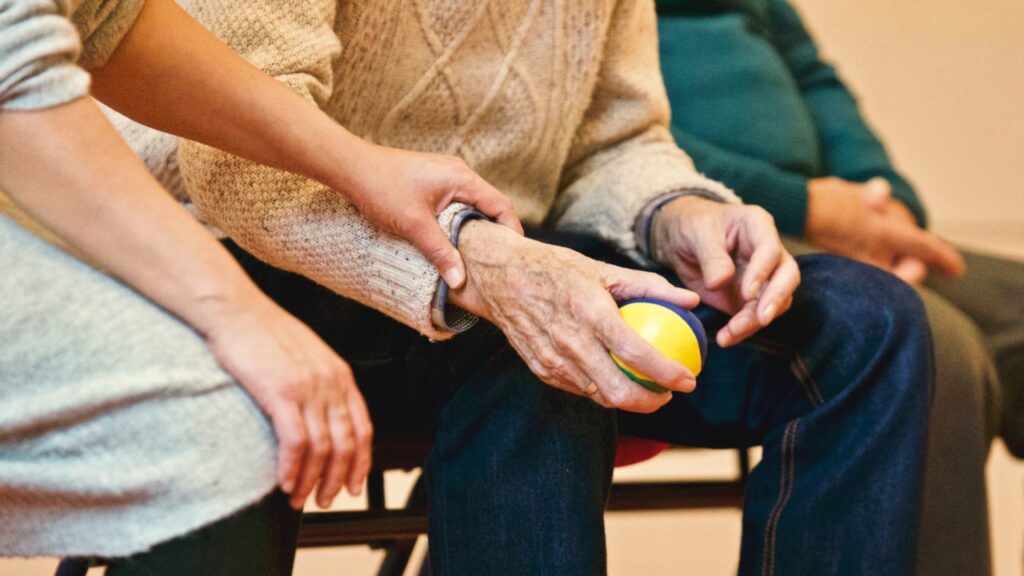
Discrimination against older adults is on the rise around the world. From anti-aging creams to criticism of those who hold public office due to their age, the need to reflect on the impact that these prejudices have on the daily lives of this population is becoming increasingly evident.
93 percent of older adults between the ages of 50 and 80 have experienced discrimination due to their age, as this not only occurs in the form of being forced to retire or withdraw from certain activities but also in their daily lives.
“Birthday cards with jokes about aging, anti-aging products, comments like ‘you look so good for your age’ or people assuming that all older adults have memory problems or hearing loss,” said Jullie Allen, an assistant professor of health promotion at the University of Oklahoma, are all forms of what she calls “everyday ageism.”
In a panel organized by Etnic Media Services, the expert highlighted that in addition to the obvious impact on the mental health of this sector, age discrimination also affects physical health, as there is an acceleration of aging due to the stress suffered by older adults, increasing the risk of suffering from chronic diseases such as diabetes or heart problems and even premature death.
Loneliness, depression and chronic illnesses are part of the stereotypes of aging that cause older adults not to receive or seek specialized medical care, since these conditions are seen as something "normal" in relation to their age.
"Older adults receive lower quality health care than younger people," Allen said, because individual health providers' decisions about what types of situations are worthwhile for treatment are based on an individual's age, denying this segment of the population procedures such as organ transplants.
However, older adults are not only excluded from basic activities or work, but their mental and physical capacity to hold public office is also questioned, using stereotypes of this sector as an indicator to decide whether or not they should be part of politics.
Paul Kleyman, national coordinator of the Network of Journalists in Generations, pointed out that Joseph Biden, President of the United States, or Dianne Feinstein, US senator, should be judged based on their merits and not their age, since "age discrimination in the country affects vital sectors of our society."
Likewise, Patricia D'Antonio, vice president of policy and professional affairs for the Gerontological Society of America, pointed out that "we have to recognize that there are challenges for us as we age, but there is also accumulated wisdom that comes with age" so older people should be included in addressing those challenges.
D'Antonio stressed the importance of older adults being recognized and knowing that they continue to contribute to society and that society recognizes and supports them with wheelchairs, transportation systems, companies without age prejudices and health services.
"The number of birthday candles on your cake is simply a recognition to celebrate our years and our wisdom," said D'Antonio, who took the opportunity to highlight that intergenerational experiences make a culture much richer.
Women are the most affected by discrimination against older adults
“Women are aging in greater numbers than men,” said Louise Aronson, a professor of medicine at the University of California, San Francisco. In 2016, there were 79 men for every 100 women aged 65 or older, and although the numbers have changed since the start of the COVID-19 pandemic, there are a greater number of women within the older adult population.
Aronson also said that women are not only discriminated against because of their age, but also because of their sex, which increases the complications they experience as a result.
"Women earn less money than men," she said, so they not only face the aforementioned physical and mental health problems, but also financial ones.
She also pointed out that women are more likely to age while men are more likely to die, so they are the ones who suffer from chronic diseases, disabilities and a lower quality of life.
You may be interested in: California expands Medi-Cal to seniors over 50 regardless of immigration status

